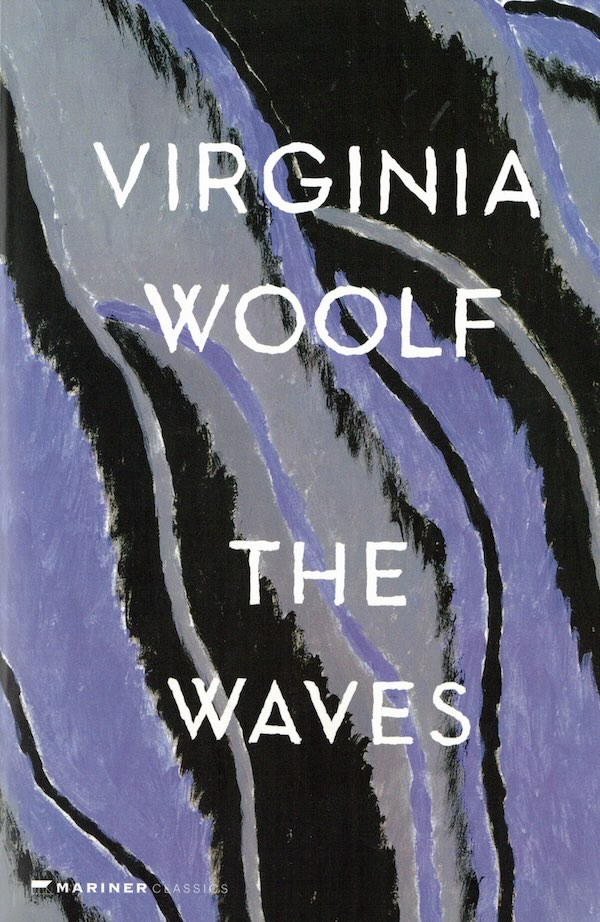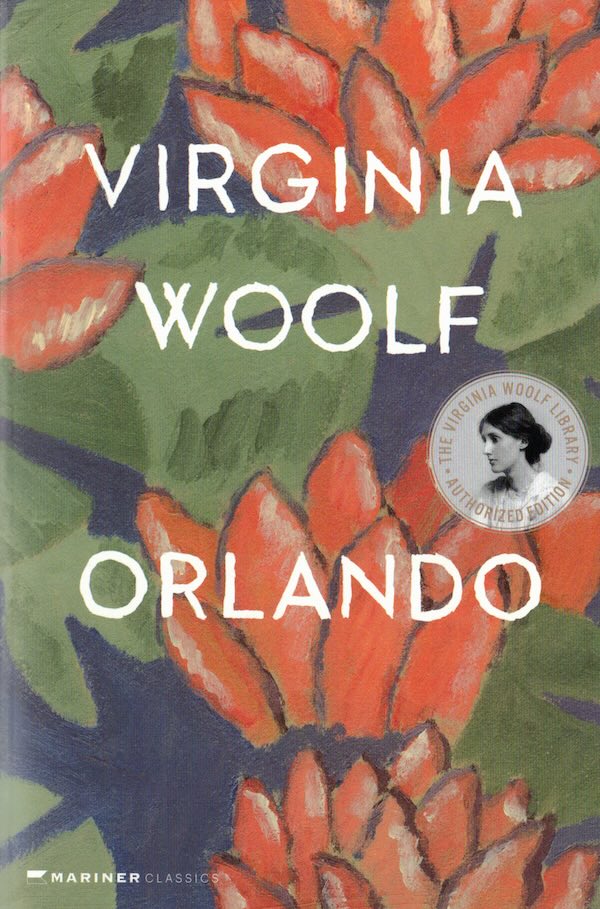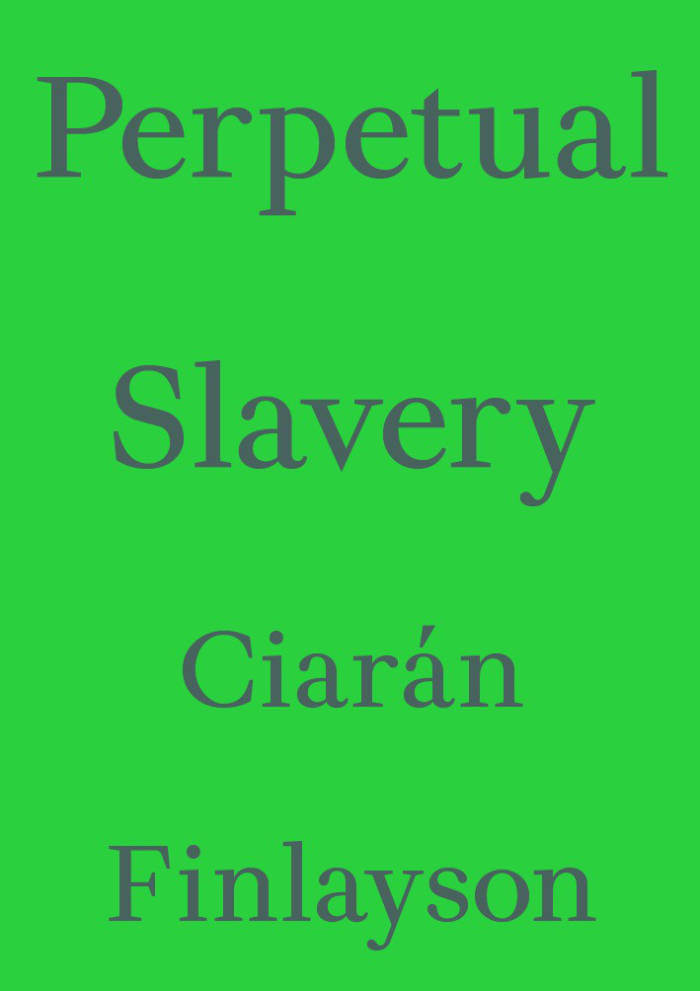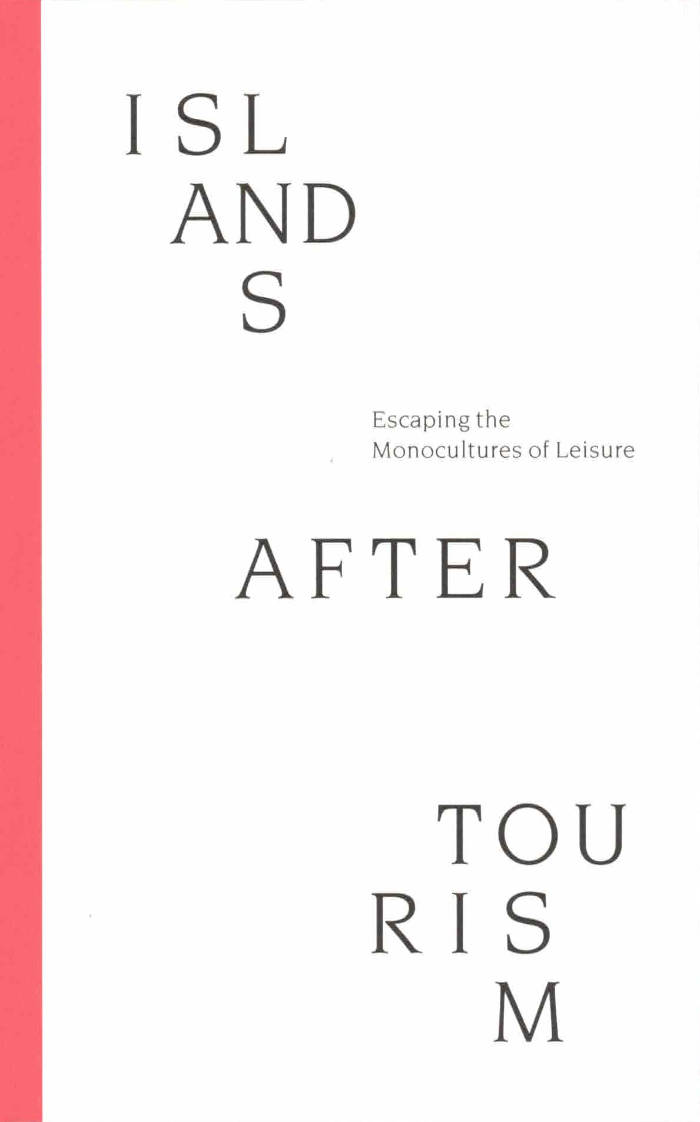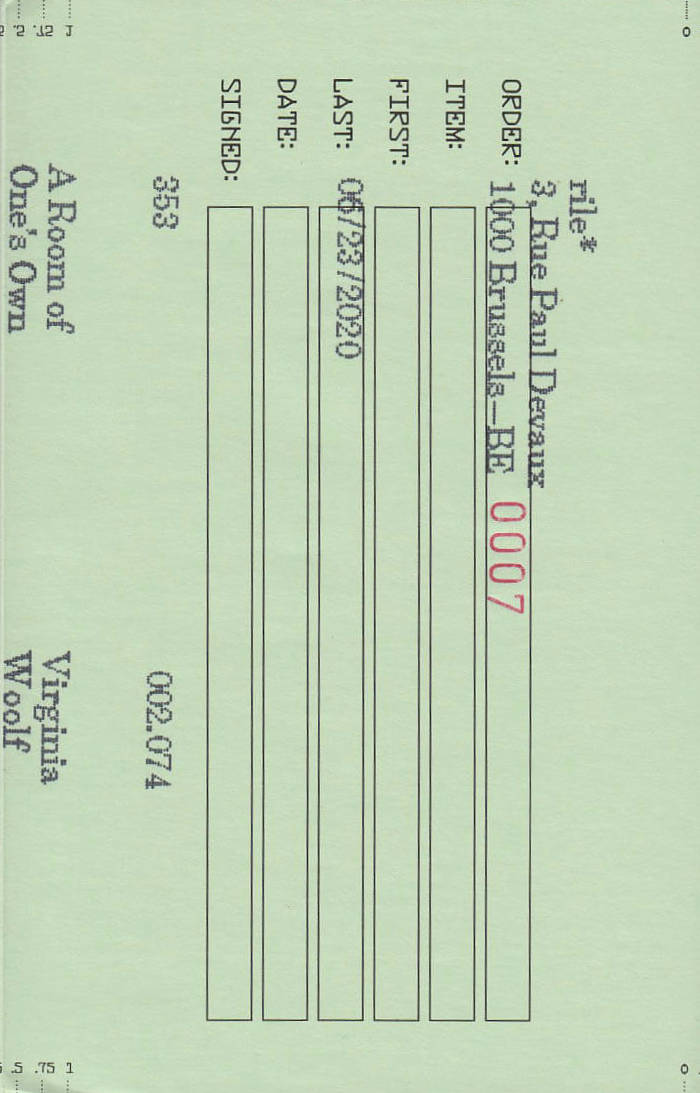
A Room of One's Own
A Room of One's Own is an extended essay by Virginia Woolf, first published in September 1929. The work is based on two lectures Woolf delivered in October 1928 at Newnham College and Girton College, women's colleges at the University of Cambridge. An important feminist text, the essay is noted in its argument for both a literal and figurative space for women writers within a literary tradition dominated by men.
In the tradition of Suhrkamp Verlag and Penguin Classics, Domain offers a series of elegantly designed pocketbooks, conceived as a starter kit for radical liberatory thought. The pocketbooks are individually crafted with custom book jackets tailored to each individual buyer; every purchase receipt supplying the raw material for each design. The online fulfillment system leverages the graphic language of the US Postal Service for each cover and packaging design.
More info on www.domainbooks.org

